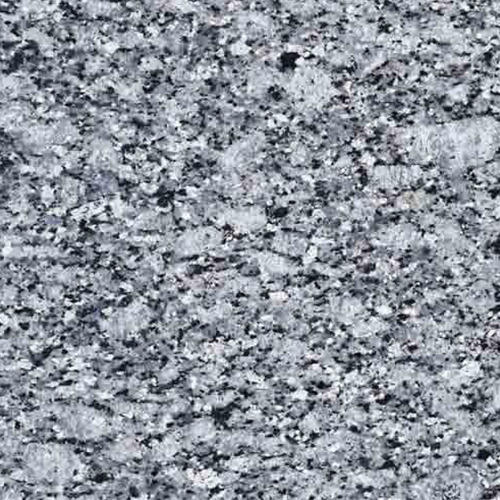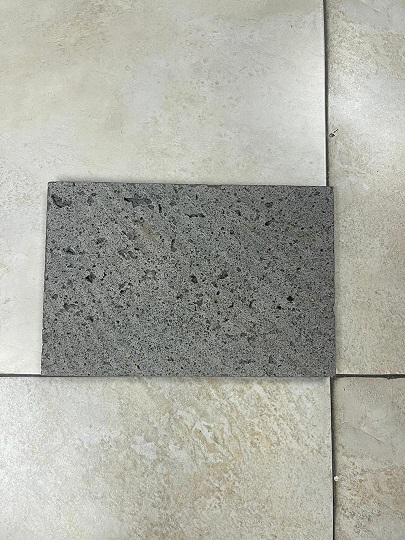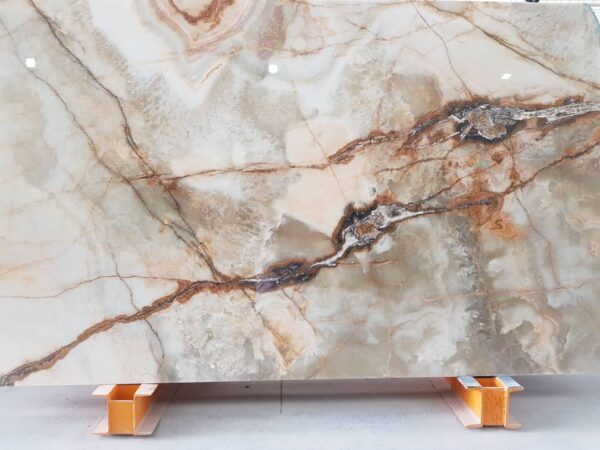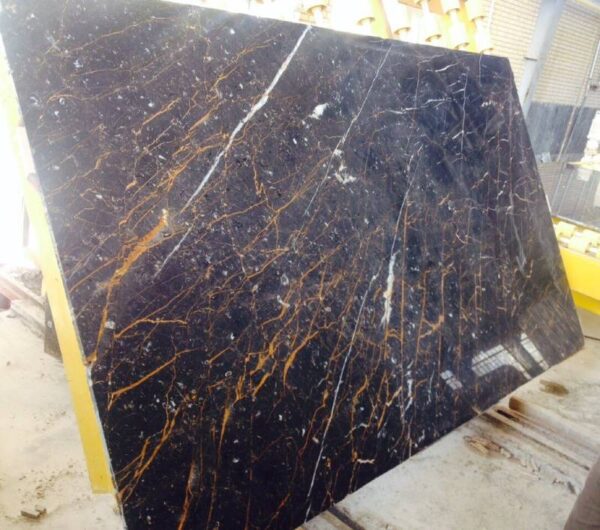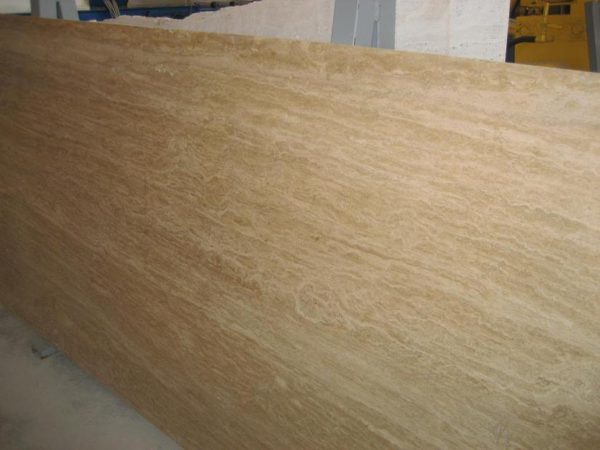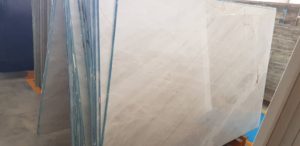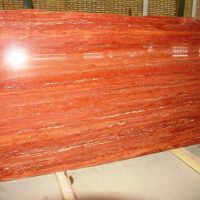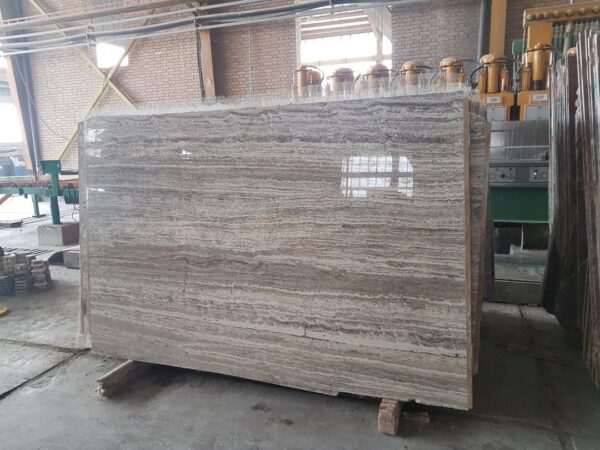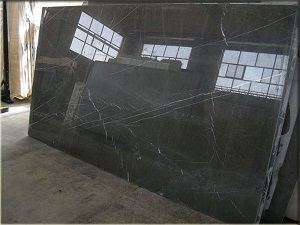Discover the Power of Basalt: The Natural Wonder Rock
Basalt is one of Earth’s most fascinating and versatile natural resources. As an igneous rock formed from the rapid cooling of basaltic lava, it has unique properties that make it invaluable across various industries. From construction to manufacturing, basalt is the cornerstone of many modern innovations. In this article, we’ll explore what basalt is, its uses, and why it’s a superior choice for numerous applications.what is stone basalt
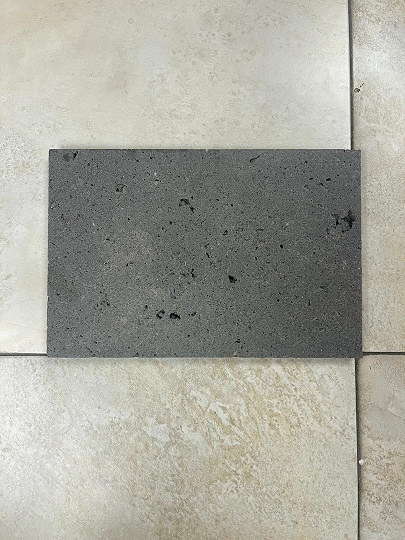


What is Basalt?
Basalt is a dark-colored, fine-grained volcanic rock that primarily consists of plagioclase, pyroxene, and olivine minerals. It’s the most common type of rock in the Earth’s crust, particularly beneath the ocean floor. Basalt forms when molten lava from a volcano cools rapidly on the Earth’s surface. This rapid cooling process gives basalt its characteristic fine-grained texture and dense structure.
The Formation of Basalt
Basalt is typically formed in two main environments: at mid-ocean ridges and hot spots. At mid-ocean ridges, tectonic plates pull apart, allowing magma to rise and cool, forming basalt. Hot spots, like the Hawaiian Islands, also produce basalt when plumes of hot magma rise through the Earth’s crust.
https://www.rockstone.biz/the-versatile-ap…ations-of-basalt/
Uses of Basalt in Modern Industry
The versatility of basalt makes it an invaluable material in several industries. Its strength, durability, and resistance to weathering and corrosion are unmatched. Here’s how basalt is used across various sectors:
Construction and Infrastructure
Basalt is a popular choice in construction due to its excellent durability and thermal stability. It’s used in the production of building blocks and tiles, and as an aggregate in concrete. Basalt rebar, made from basalt fibers, is a lightweight alternative to steel rebar, offering superior resistance to corrosion and chemicals, making it ideal for bridges, roads, and marine structures.
Basalt in Manufacturing
In manufacturing, basalt is processed into continuous fibers, which are then used to create basalt fiber products. These fibers are known for their high tensile strength, resistance to high temperatures, and environmental sustainability. Basalt fiber composites are widely used in the automotive, aerospace, and military industries for making lightweight, durable, and fire-resistant products.
Landscaping and Aesthetics
Due to its natural beauty, basalt is also used in landscaping and architectural projects. Polished basalt slabs are often used for countertops, flooring, and decorative elements in both residential and commercial spaces. The natural black and gray hues of basalt provide a modern and elegant aesthetic that complements contemporary design trends.
Why Choose Basalt?
Choosing basalt for your project ensures durability, sustainability, and aesthetic appeal. Unlike other materials, basalt is abundant, eco-friendly, and requires minimal processing, making it a cost-effective choice. Its ability to withstand harsh environmental conditions makes it a reliable material for both indoor and outdoor applications.
Environmental Benefits of Basalt
Basalt’s environmental benefits cannot be overstated. As a naturally occurring material, its production has a lower carbon footprint compared to synthetic materials. Additionally, basalt products, especially basalt fibers, are recyclable, further reducing environmental impact.
Conclusion: Basalt – A Sustainable and Versatile Choice
Basalt is more than just a rock; it’s a sustainable, versatile material that meets the demands of modern industry. Whether you’re looking for a durable construction material, a strong manufacturing component, or an aesthetic addition to your landscape, basalt delivers. Explore the potential of basalt in your next project and experience the benefits of this natural wonder.

